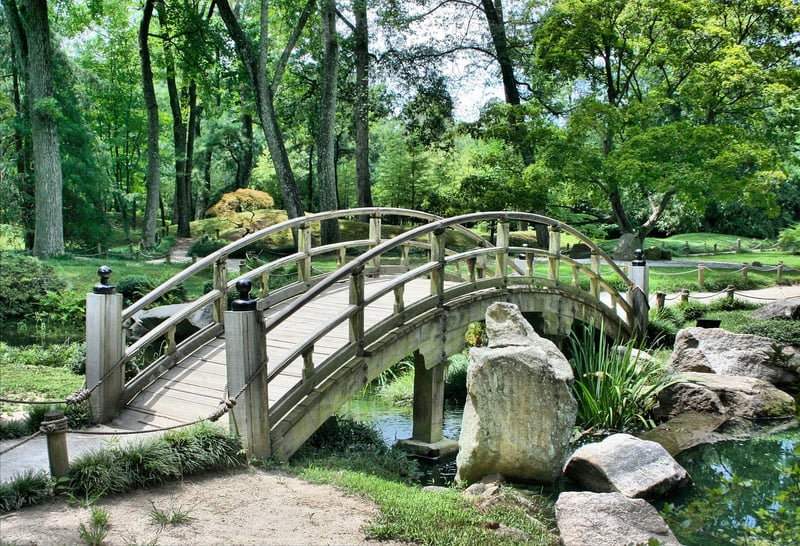Rock Arrangements
Inspiring Ideas for Your Zen Garden Design
Introduction to Zen Gardens
Zen gardens, also known as Japanese rock gardens or dry landscape gardens, are designed to evoke tranquility, simplicity, and mindfulness. These gardens typically feature carefully placed rocks, gravel or sand raked to create patterns, and minimalistic plantings. If you're looking to create a peaceful oasis in your outdoor space, here are some inspiring ideas for your Zen garden design.
1. Embrace Minimalism
Keep your Zen garden design simple and uncluttered. Use a limited color palette with predominantly green plants and incorporate natural elements like rocks and gravel. Less is more when it comes to creating a serene environment.
2. Create a Meditation Space
Designate a small area within your Zen garden for meditation. This space can include a comfortable bench, cushions, or a traditional Japanese tatami mat. Surround the meditation area with plants and rocks to enhance the calming atmosphere.
3. Incorporate Water Elements
Water features such as small ponds, flowing fountains, or trickling streams can add an extra layer of tranquility to your Zen garden. The sound of running water can help mask distracting noises and promote relaxation.
4. Use Rocks as Focal Points
Rocks are a fundamental element in Zen garden design. Arrange rocks of different sizes and shapes strategically to create visual interest and balance. Consider using moss-covered rocks for a natural, aged look.
5. Add Symbolic Elements
Introduce symbolic elements like Buddha statues, lanterns, or bamboo fences to infuse your Zen garden with deeper meaning and spirituality. These elements can serve as focal points and enhance the overall ambiance.
Rock Arrangements in Zen Gardens
1. Karesansui (Dry Landscape)
Karesansui is a type of Zen garden that features rocks and gravel to represent natural landscapes like mountains and rivers. Use a rake to create patterns in the gravel, symbolizing water flow or ripples in a pond.
2. Ishi wo Tateru Koto (Placing Stones Upright)
This rock arrangement technique involves placing stones upright in the ground to create a sense of strength and stability. It symbolizes mountains or trees standing tall in nature.
3. Suikinkutsu (Water Harp)
Suikinkutsu is a traditional Japanese garden ornament that combines rocks and water to create a musical sound when water drips into an underground container. This unique feature adds an auditory element to your Zen garden.

Whether you're redesigning an existing garden or starting from scratch, these ideas can help you create a peaceful and harmonious Zen garden that promotes relaxation and mindfulness.
Remember, the key to a successful Zen garden design is simplicity, balance, and a deep connection to nature.
Embrace the principles of Zen philosophy as you craft your garden, and let its beauty and serenity bring peace to your mind and soul.
